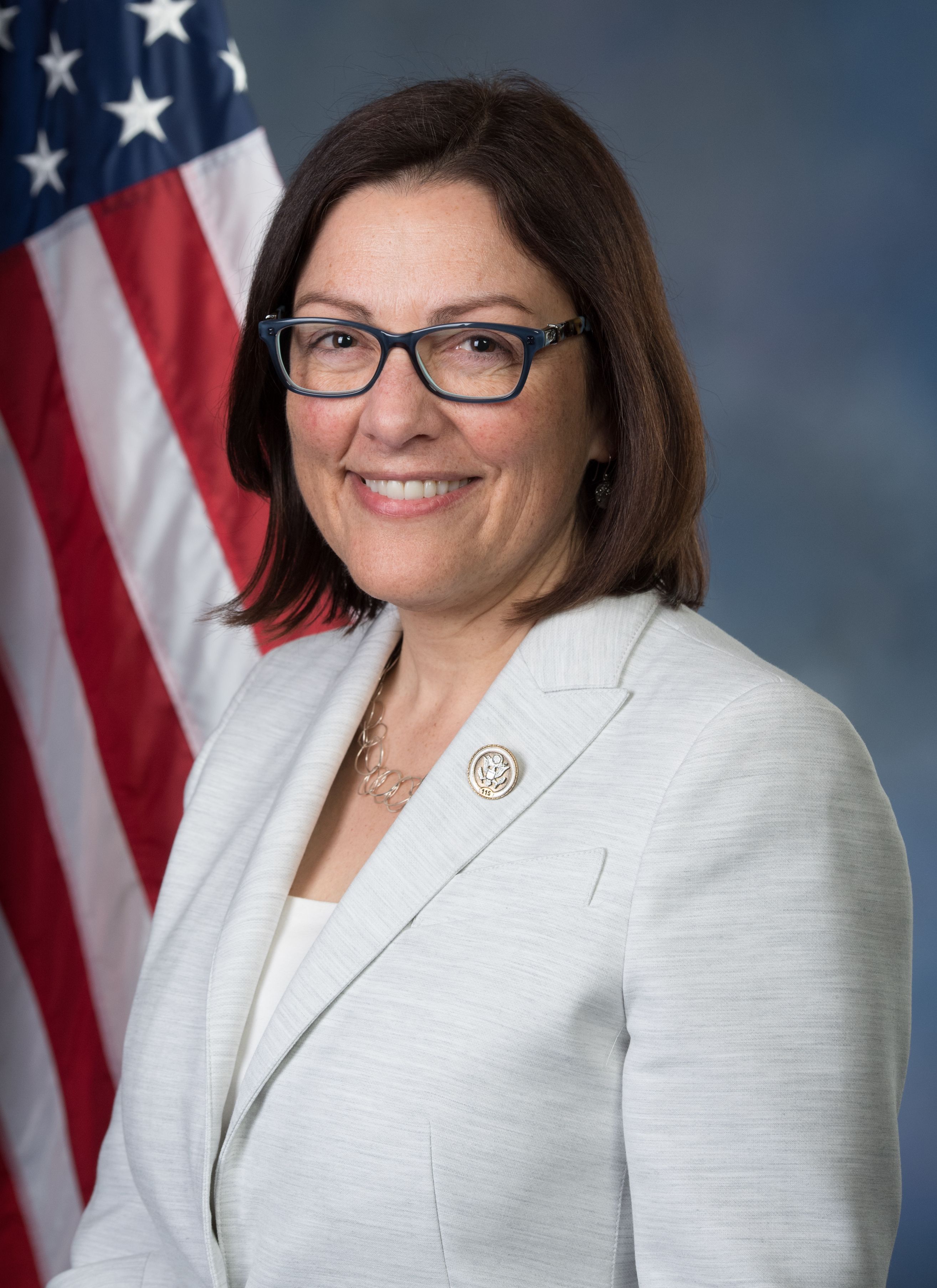- Center on Health Equity & Access
- Clinical
- Health Care Cost
- Health Care Delivery
- Insurance
- Policy
- Technology
- Value-Based Care
Value-Based Care Could Get Boost by New Bill in Washington
Physicians and health care groups have lined up to support the Value in Health Care Act, which could create new incentives to adopt value-based care.
Health care organizations are lining up to support federal legislation that could create new incentives for physicians and health care organizations to adopt value-based care.
Federal lawmakers introduced the Value in Health Care Act of 2023 and a number of physician and medical groups quickly announced their endorsements.
The legislation “would make commonsense changes to Medicare’s Alternative Payment Models (APMs) program to incentivize greater participation in value-based health programs.” It would help increase participation in accountable care organizations (ACOs) that are designed to improve quality of care and health outcomes for seniors, while lower costs, said an announcement from Representative Suzan DelBene (D, Oregon), a cosponsor of the bill. Additional sponsors are Representatives Darin LaHood (R, Illinois), Kim Schrier, MD, (D, Washington), Brad Wenstrup, DPM (R, Ohio), Earl Blumenauer (D, Oregon), and Larry Bucshon, MD (R, Indiana).
Representative Suzan DelBene (D, Oregon) is a cosponsor of the Value in Health Care Act, which could create new incentives to adopt value-based care.

“Physicians and hospitals participating in Alternative Payment Models are leading the changes our health care system needs to focus on value instead of volume,” DelBene said in the announcement. "Providers should be paid based on the quality of the care they deliver, not the quantity of services. The Value in Health Care Act would encourage more providers to join these models and accelerate this change, leading to improved quality of care and health outcomes for seniors."
What It Does
The lawmakers’ announcement said the Value in Health Care Act would make the following changes to the APM and ACO parameters:
- Encourage participation in the Medicare ACO program by increasing the percentage of shared savings beginner participants receive. Program changes under previous administrations decreased shared savings, making the program less attractive.
- Modify risk adjustment to be more realistic and better reflect factors participants encounter like health and other risk variables in their communities.
- Remove barriers to ACO participation by eliminating arbitrary program distinctions so all participants are participating on a level playing field.
- Support fair and accurate benchmarks by modifying performance metrics so participants aren’t competing against their own successes in providing better care.
- Provide greater technical support to ACO participants to cover the significant startup costs associated with program participation.
- Incentivize participation in Advanced APMs by extending the annual lump sum participation bonus for an additional two years.
- Correct arbitrary thresholds for Advanced APM qualification to better reflect the existing progress of the value-based movement and to encourage bringing more patients into this model of care.
Supporters Line Up
If approved, the legislation would extend the 5% advanced APM incentive payment as practices transition from fee-for-service care to value-based care, according to the Medical Group Management Association (MGMA).
“In light of another round of proposed cuts to Medicare physician reimbursement, ensuring group practices have the necessary support to succeed in value-based care arrangements is paramount,” MGMA Senior Vice President of Government Affairs Anders Gilberg said in a statement. “MGMA looks forward to working with Congress to ensure the passage of this crucial piece of legislation.”
The bill also would freeze the 50% revenue threshold that physicians in value-based care models must meet to qualify for the incentive payments, according to the American Medical Association (AMA).
The legislation would give the HHS secretary the authority to further increase the revenue threshold but at a more gradual pace—no more than 5% in a given year, AMA President Jesse M. Ehrenfeld, MD, MPH, said in a statement.
“These proposed policies would grant HHS the needed flexibility to adjust the financial risk at a pace that enables more physicians to participate in APMs, while building on the tremendous movement toward value-based care," Ehrenfeld said.
MGMA and AMA both were part of a joint letter of support published July 27 by the American Hospital Association. The additional supporters on that letter were Accountable for Health, American Academy of Family Physicians, American Academy of Orthopaedic Surgeons, the American College of Physicians, America’s Essential Hospitals, America’s Physician Groups, AMGA, the Association of American Medical Colleges, Federation of American Hospitals, Healthcare Leadership Council, Health Care Transformation Task Force, the National Association of ACOs, and National Rural Health Association Premier Inc.
